Urban Post-COVID Recovery in the V4 Countries

The project ‘Urban Post-COVID Recovery in the V4 Countries’ provides a broad analysis of the important and ongoing issue of municipal self-governments’ response to the Covid-19 pandemic in the Visegrad Group countries with the special emphasis on the post-pandemic recovery. The cooperation of the researchers and practitioners from Visegrad Group countries (representatives of public institutions and non-governmental organizations etc.) enables the diagnosis of the conditions and mechanisms of conducting sectoral policies at the urban level. However, there is no such complex research which concentrates on the Visegrad Group region and contains the recommendations aimed at practitioners – representatives of public institutions, NGOs and, what is important, citizens. The project provides answers to the question whether the response of municipal self-governments in the Visegrad Group countries fits into a specific model and what are the features of this response.
The Institute of Political Science of the University of Wrocław is the institution coordinating the project. The period of project implementation is 2022-2025. The role of the project leader is played by dr hab. Kamil Glinka, prof. UWr.
The project is co-financed by the Governments of Czechia, Hungary, Poland and Slovakia through Visegrad Grants from International Visegrad Fund. The mission of the fund is to advance ideas for sustainable regional cooperation in Central Europe.

Project partners:
- Metropolitan University (Praga, Czechia), https://www.mup.cz/en/

- University of West Bohemia (Pilzno, Czechia), https://www.zcu.cz/en/index.html
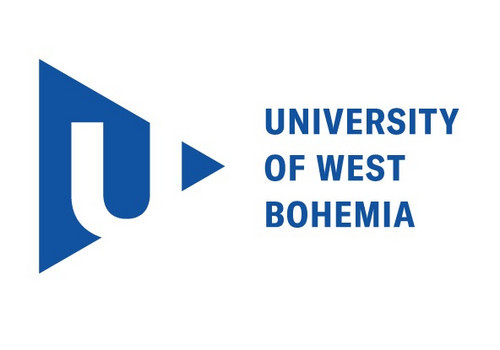
- Comenius University (Trnava, Slovakia), https://uniba.sk/en

- University of Szeged (Szeged, Hungary), Szegedi Tudományegyetem | English
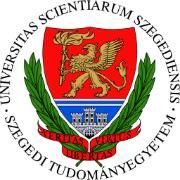
- The Network of European Metropolitan Regions and Areas (France), https://www.eurometrex.org/
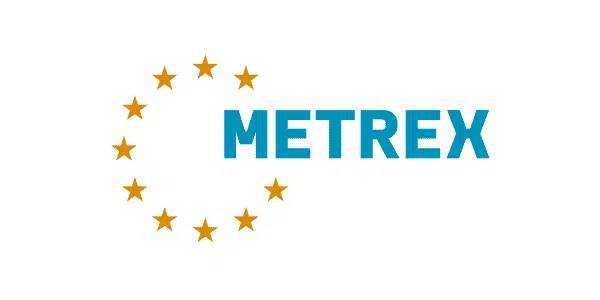
- Państwowa Uczelnia Angelusa Silesiusa (Wałbrzych, Poland), https://www.ans.edu.pl/
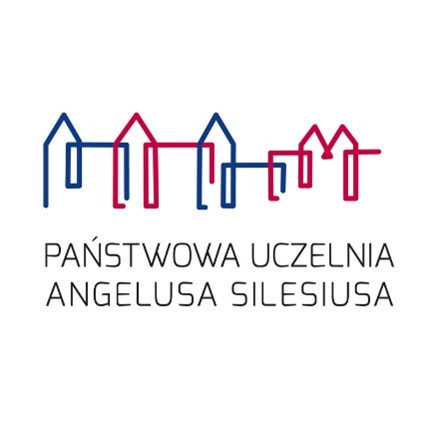
- City of Wrocław, https://www.wroclaw.pl/en/
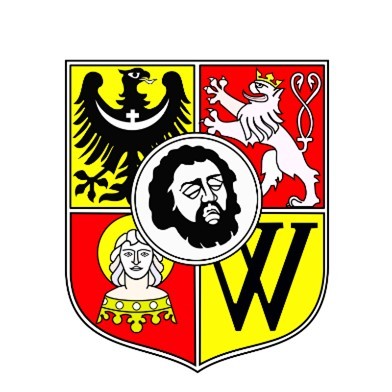
Project leader:
dr hab. Kamil Glinka
